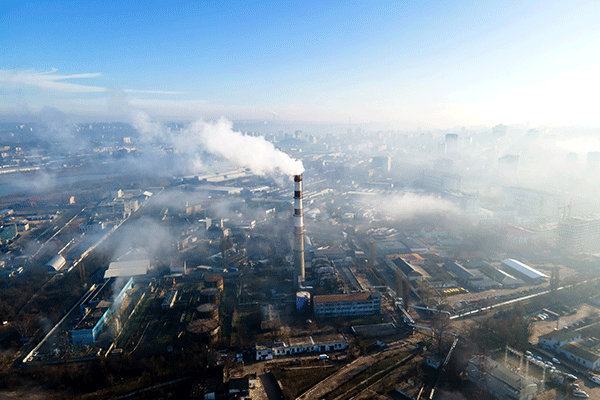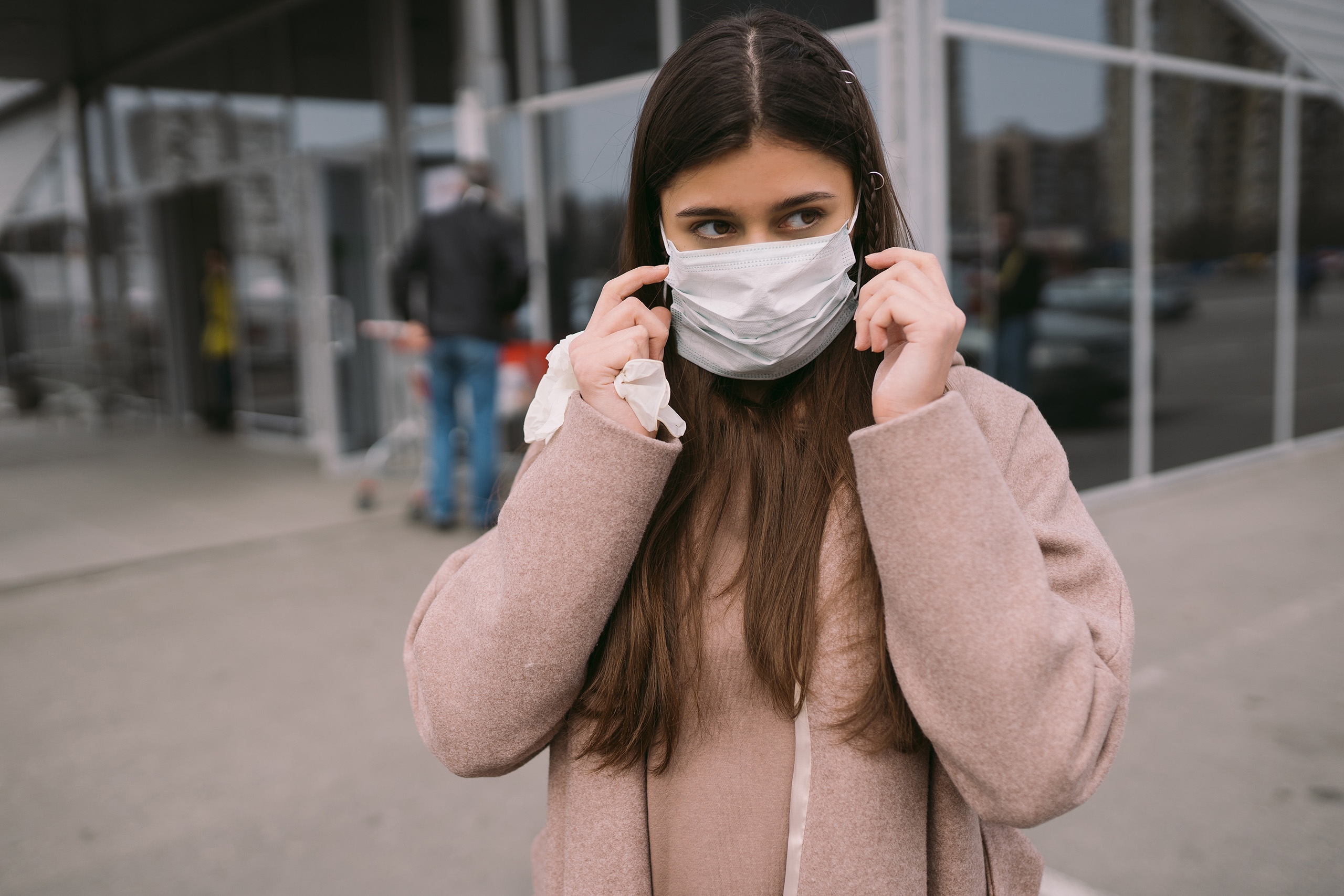
AIR POLLUTION – HEALTH TIPS
AIR POLLUTION – HEALTH TIPS
(Author: Dr Amit Kumar Gupta, MBBS, MD, MBA)
A clean environment is directly related to good health whereas a bad or polluted environment poses risk of various
diseases to the population. Of late, the incidents of various environment-related health problems – particularly those
associated with air pollution – have been increasing rapidly and there is a need for a collective effort to control this
problem and make our environment clean and safe. In this backdrop, air pollution has become an important public
health concern and we need to know how we can protect ourselves from it ill effects. Let’s see what we can do
proactively to control air pollution and avoid or minimize its harmful effects.
WHAT IS AIR POLLUTION?
It is the presence of toxic or harmful substances in the air, at such high levels that pose health risks. Major air pollutants include harmful gases, dust particles and aerosols, which are largely produced due to biomass burning, vehicular emission, industrial processes, civil construction works, diesel genset exhaust, wildfires, mining etc. Polluting fuels and unvented, low-performing heating and cooking stoves are the major causes of indoor air pollution.
Such air pollutants can affect us either directly by coming in contact with our skin, eyes, airways etc., or indirectly by
lowering the air quality with resultant damaging effects. Rising vehicular smoke, mass stubble burning, indoor air
pollution and dust storms have added to air pollution and posed further health risks to the exposed people.
HEALTH HAZARDS OF AIR POLLUTION
Air pollution and inhalation of dust particles can affect our health adversely, resulting in mild symptoms to serious health problems. More common symptoms include:
- Eye redness and watering
- Sneezing, runny nose
- Cough, repeated throat clearing
- Shortness of breath, wheeze, asthma attacks
- Chest tightness, chest pain
- Hay fever
- Dizziness, giddiness, nausea
- Headache, irritability
- Inability to concentrate, low productivity
- Reduced visibility due to dusty environment, with more risk of accidents
Persons having an existing chronic respiratory condition (such as asthma, chronic bronchitis etc.) are at a much greater
risk. In addition, smokers, heart patients, people working in dusty workplaces (like certain factories and occupations),
children and the elderly are also more vulnerable to health problems due to air pollution.
Prolonged exposures to outdoor and indoor air pollution have been linked to chronic lung disease, lung cancer, heart
disease, brain stroke, frequent chest infections and other complications. Even many normal healthy young individuals
are also getting affected due to the worsening air quality, with a negative impact on their productivity.
TIPS TO CONTROL AIR POLLUTION
Steps at individual level:
- Avoid spending time in polluted air and dusty outdoor (esp. in mornings and evenings)
- Exercise indoor (rather than in dusty outdoor)
- Keep yourself well hydrated (drink water and relish on other beverages like soups, lime juice, fruit juice, milk
- shake, lassi, buttermilk etc. in adequate quantities: average 2-3 litres daily, or even more in summers)
- Don’t indulge in activities that increase air pollution or dust pollution
- Show your environment-friendly actions:
- Do carpooling or use public transport system to reduce burden of vehicular air pollution
- Don’t burn leaves/garbage
- Follow statutory guidelines for control of air pollution
- Motivate your friends, colleagues and family members to reduce air pollution
- Keep your house, office etc. clean, smoke-free and dust-free:
- Use vacuum cleaner and do wet-mopping (rather than dry sweeping)
- Use curtains to further reduce dust entering your living space
- Sprinkling of water in and around your house can help settle the dust particles down
- Protect yourself by getting your flu shot (ask your doctor for more information)
- Use protective face masks (like N95 masks) in more polluted areas
- If you have any symptom that might be related to air pollution, seek medical advice without delay.
- Steps at mass level:
- Focus on controlling the origins of air pollution and dust particles
- Strict implementation of standards and regulations for pollution control (industry license, motor vehicles)
- Continuous monitoring of air pollution indicators
- Sharing information in public domain on key air pollution indicators
- Legislative actions to prevent air pollution and mitigate its hazards
- Prudence in civil construction activities
- Curbing deforestation
- Promotion of green drives, afforestation and vegetation buffers
- Awareness generation through mass media, emailers, group talks etc.
TAKE HOME MESSAGE
Be proactive to prevent, reduce and control air pollution. When needed, seek medical help without delay. Talk to your
doctor for further information and advice.
(The author Dr Amit Kumar Gupta is a medical specialist cum public health expert working as
Senior Consultant – Medical Services & Quality at HCL Healthcare. He can be reached out at Amit_Gupta@hcl.com)





